I wanted to take a moment to discuss an important concept in web browsing and internet security that often goes overlooked: the distinction between primary domains and third-party domains. Understanding this difference is crucial for anyone who regularly navigates the web, as it can significantly impact your online privacy and security.
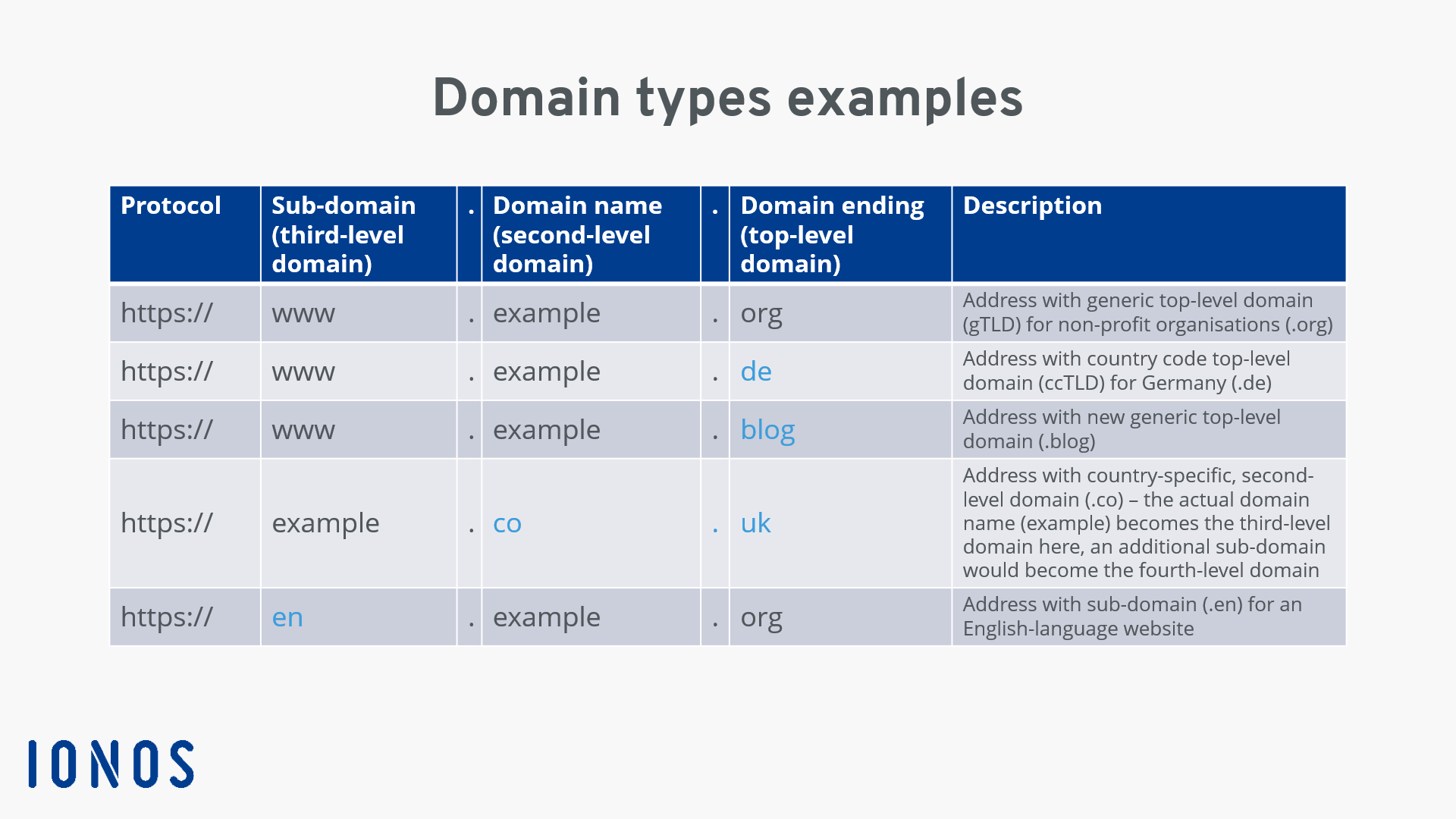
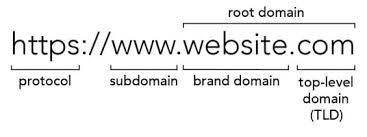
At its core, the primary domain is the main address of the website you are visiting. For example, if you are browsing a site like www.example.com, that is the primary domain. This domain is where the main content of the site resides, and it is the source of the information you are accessing. The primary domain can also include its subdomains, which are extensions of the main site. For instance, blog.example.com or shop.example.com are subdomains of the primary domain example.com. These subdomains are still considered part of the primary domain because they share the same root domain.
On the other hand, third-party domains are any domains that are not the primary domain or its subdomains. These can include advertising networks, analytics services, social media platforms, and other external sites that may embed content or track user behavior on the primary site. For instance, if you visit www.example.com and that site includes a script from ads.exampleads.com, then ads.exampleads.com is a third-party domain.
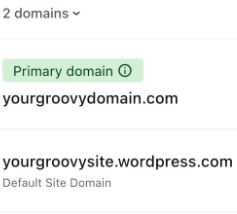
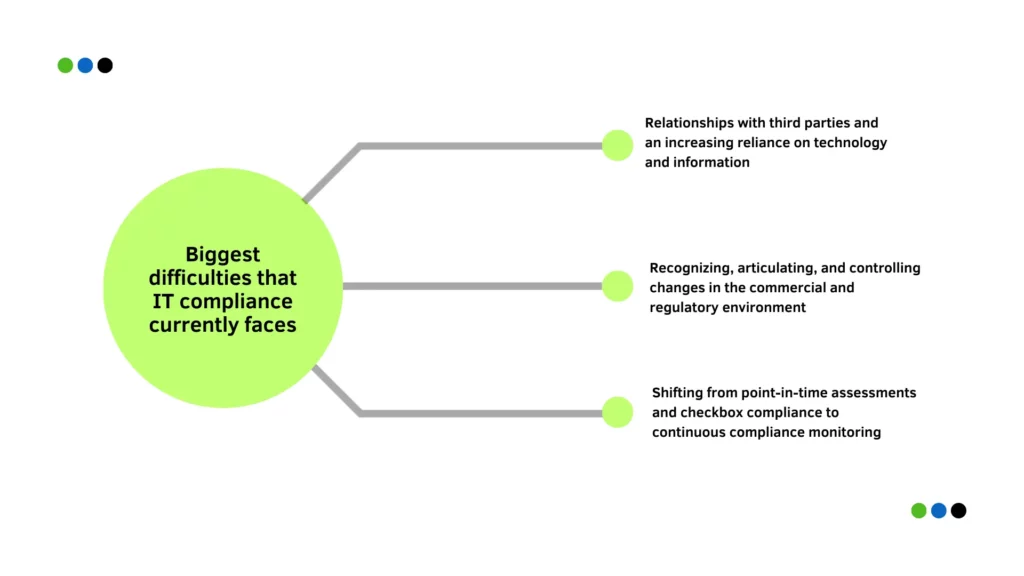
The presence of third-party domains can have various implications for your browsing experience. One of the most significant concerns is privacy. Third-party domains often track user behavior across different sites to build profiles for targeted advertising. This means that even if you are on a seemingly safe and secure primary domain, your data may be shared with multiple third-party entities without your explicit consent. This data collection can lead to a loss of anonymity and can sometimes result in unwanted advertising or even data breaches.
Moreover, third-party domains can also introduce security risks. If a primary domain is compromised, attackers can use third-party scripts to exploit vulnerabilities, potentially leading to malware infections or phishing attacks. Therefore, it is essential to be cautious about the sites you visit and the third-party content that may be loaded alongside the primary domain.
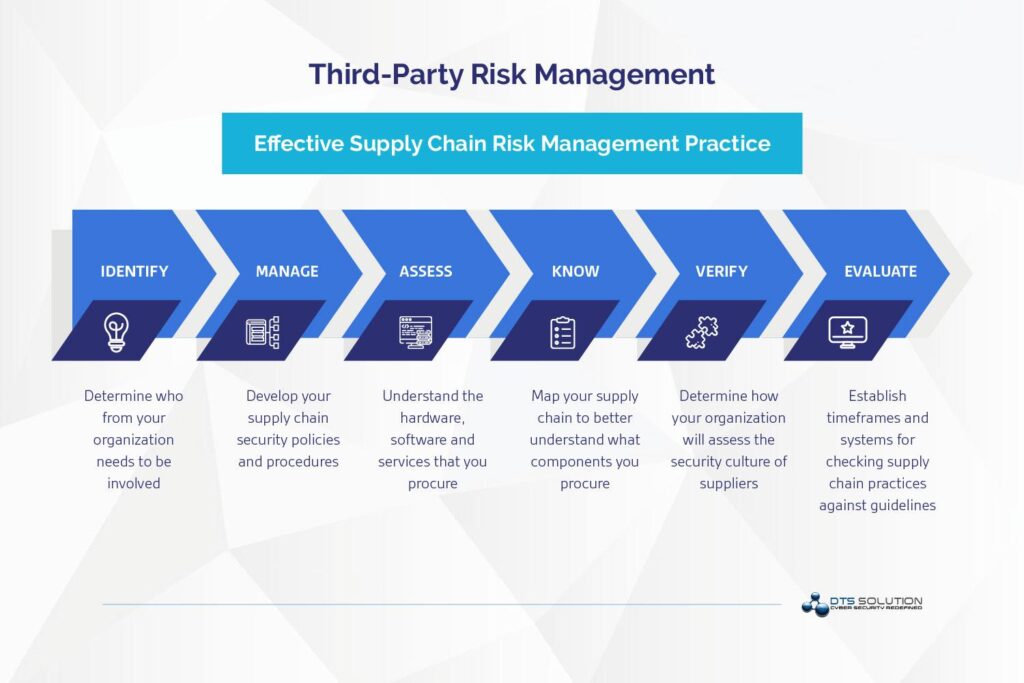

To protect yourself while browsing, consider using privacy-focused browsers or extensions that block third-party scripts and trackers. Additionally, regularly reviewing your browser’s privacy settings can help you manage how much information you share with third-party domains.
In conclusion, understanding the difference between primary domains and third-party domains is crucial for maintaining your online privacy and security. By being aware of the potential risks associated with third-party domains, you can make more informed decisions about your internet usage and take proactive steps to safeguard your personal information.
If you have any questions or would like to discuss this topic further, please feel free to reach out.

